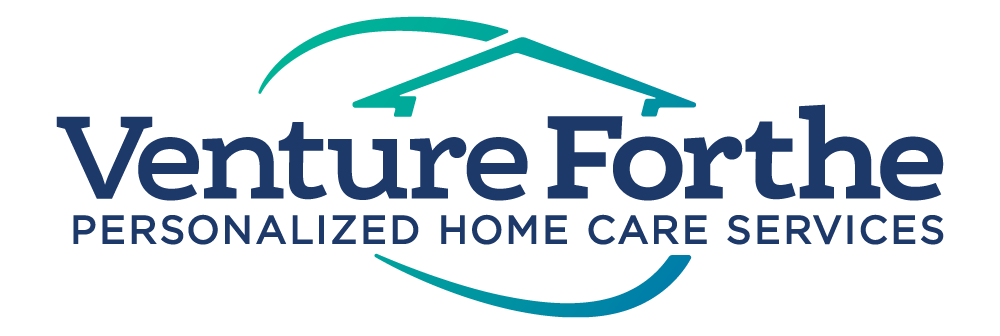
A cognitive communication deficit is a common consequence of brain injuries that affects a person’s ability to communicate effectively. These deficits arise when the brain’s cognitive functions, such as attention, memory, reasoning, and problem-solving, are impaired, impacting communication. Understanding these deficits is crucial for patients, families, and healthcare providers to improve recovery outcomes and quality of life.
What is Cognitive Communication?
Cognitive communication involves using cognitive processes to express and understand messages effectively. This includes skills like:
- Attention: Focusing on a topic during a conversation.
- Memory: Recalling information or previous parts of a conversation.
- Executive functions: Planning, organizing, and making decisions.
- Processing speed: Quickly interpreting and responding to verbal or non-verbal cues.
- Social cognition: Understanding and using social cues and norms during communication.
When a brain injury occurs, these areas can be affected, leading to cognitive communication deficits.
Common Causes
Brain injuries, such as traumatic brain injuries (TBI), strokes, or brain tumors, can damage areas of the brain responsible for cognition and communication. Common causes include:
- Traumatic brain injury (TBI): Often caused by a blow to the head, leading to bruising, swelling, or bleeding in the brain.
- Stroke: A stroke occurs when blood flow to the brain is disrupted, affecting specific regions.
- Anoxia or hypoxia: Reduced oxygen levels in the brain can also impair cognitive and communication skills.
Symptoms of Cognitive Communication Deficit
The symptoms vary depending on the severity of the brain injury, but common signs include:
- Difficulty with memory: Trouble recalling names, events, or even recent conversations.
- Impaired attention and focus: The inability to stay on topic or become easily distracted during conversations.
- Language challenges: This includes word-finding difficulties, difficulty following or understanding conversations, and problems with sentence structure.
- Slow processing: The inability to process or respond quickly to verbal or visual cues, making communication seem delayed.
- Social communication difficulties: Struggling to understand or use appropriate social cues, leading to misunderstandings or awkward interactions.
Impact on Daily Life
Cognitive communication deficits can significantly affect daily life. Simple conversations, reading, writing, or participating in group discussions can become frustrating or overwhelming. These challenges can interfere with:
- Social relationships: Impaired social communication can affect relationships with friends, family, and colleagues, leading to feelings of isolation.
- Independence: In some cases, individuals may have trouble managing everyday tasks, like following a schedule or completing complex activities independently.
Treatment for cognitive communication deficits often includes:
- Speech-language therapy: SLPs use targeted exercises to help improve language skills, memory, attention, and social communication.
- Cognitive rehabilitation therapy: Aimed at improving cognitive functions such as problem-solving and memory.
- Family education: Teaching families how to communicate effectively with the individual, offering strategies for improving communication at home and in social settings.
Tips for Supporting Individuals with Cognitive Communication Deficits
For those living with cognitive communication deficits, support from family members and caregivers is vital. Here are some strategies to help:
- Be patient: Allow extra time for the person to process and respond.
- Simplify conversations: Use clear, simple sentences and avoid distractions.
- Encourage active participation: Engage the person in conversations by asking yes/no questions or providing visual cues.
- Offer reminders and supports: Use visual aids, notes, or apps to help with memory or organization.
Cognitive communication deficits following brain injury can be challenging, but with the right support, individuals can work toward improvement. Venture Forthe offers Home and Community Support Services (HCSS) or aide services to individuals with cognitive-communication deficits.
